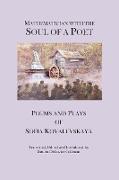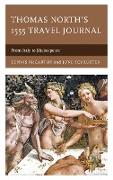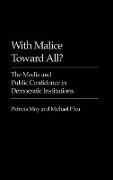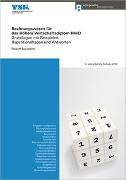Mathematician with the Soul of a Poet
BücherAngebote / Angebote:
In 1868, a young Russian woman asked an emerging scientist, who supported the goal of expanding educational opportunities for women, to marry any one of the three women in his office for the sole purpose of helping all of them obtain passports. With his help, all three would be able to travel to where they could write or pursue higher education. The marriage was to be in name only, so it did not matter to them which of them he chose.
He chose eighteen-year-old Sofia Kovalevskaya, whose dream was to earn a PhD in mathematics so that the doors to higher education might be opened to all women. Kovalevskaya set this lofty goal for herself at a time when women were not allowed to travel without the permission of a father or husband - at a time when women were not allowed to set foot inside university classrooms.
In Berlin, Kovalevskaya studied at the home of Karl Weierstrass, who became a dear friend and life-long mentor. After four years of hard work and intensive study, she produced three notable papers and was awarded the coveted PhD. In one of the many letters Weierstrass wrote to her during their 23 years of correspondence, he told her that to be a great mathematician one must have the soul of a poet. The label mathematician with the soul of a poet has since become attached to Sofia Kovalevskaya.
In addition to the many mathematical honors for which she is known, Kovalevskaya won praise for her collected writings. The extensive collection includes, most notably, memoirs of her childhood, a novella, nine poems and her two plays.
Sandra DeLozier Coleman, a math professor, artist and poet, was very much interested in looking for any connection between Weierstrass's statement and the poems written by Kovalevskaya. She began her translations of the poems long before software tools commonly used today had been developed. At the time, she knew no Russian - not even the sounds or order of the letters in the Russian alphabet - but she was determined to learn as much as she needed to know to be able to translate the poems and, later, the plays.
Mathematician with the Soul of a Poet begins with a chapter of engaging stories about Sandra DeLozier Coleman's early efforts to translate the poems. Readers will enjoy a collection of tales of her search for friends who spoke Russian, her travels to many countries where Kovalevskaya lived or visited, and the high and low points of participating in a Russian math conference dedicated to Kovalevskaya.
After returning from Russia, the translation adventure continued. Two decades passed as the translations of the plays, The Struggle for Happiness: How It Was and How It Might Have Been, developed. Mathematician with the Soul of a Poet places the poems and plays in biographical context. Life events may explain Kovalevskaya's urgent desire to complete the plays quickly at a time when working on her mathematics was equally urgent. The deadline for submission for the coveted Prix Bordin award, which would cement her reputation as a significant mathematician, was fast approaching. But, for reasons important to Kovalevskaya, the plays had to be completed first!
Folgt in ca. 10 Arbeitstagen




